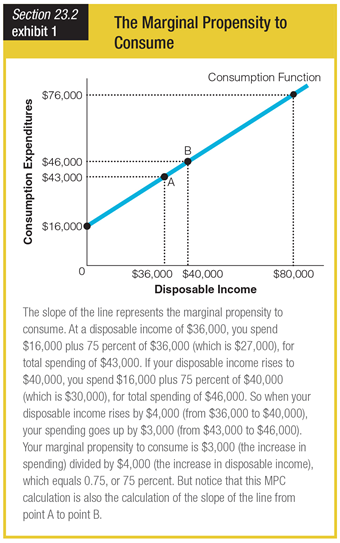In experimental tests of the ultimatum game:
a. the proposer often offers an even split of the "pie", and responders often reject smaller offers, consistent with the predictions of game theory.
b. the proposer often offers an even split of the "pie", and responders often reject smaller offers, in contrast to the predictions of game theory.
c. the proposer often offers an unfair split, taking the lion's share of the "pie" for him or herself, and responders often accept such offers, consistent with the predictions of game theory.
d. the proposer often offers an unfair split, taking the lion's share of the "pie" for him or herself, and responders often accept such offers, in contrast to the predictions of game theory.
b
You might also like to view...
Which of the following best explains what is happening when disposable income equals zero?

a. All consumption has ceased.
b. Income is positive but stagnant.
c. All money is being saved instead of spent.
d. Savings or credit is being used to pay for necessities.
Which of the following would not be studied in microeconomics?
A. How an early freeze in California will affect the price of fruit. B. Whether the federal budget should be balanced. C. Whether to study or watch TV tonight. D. How individual firms decide how much to produce.